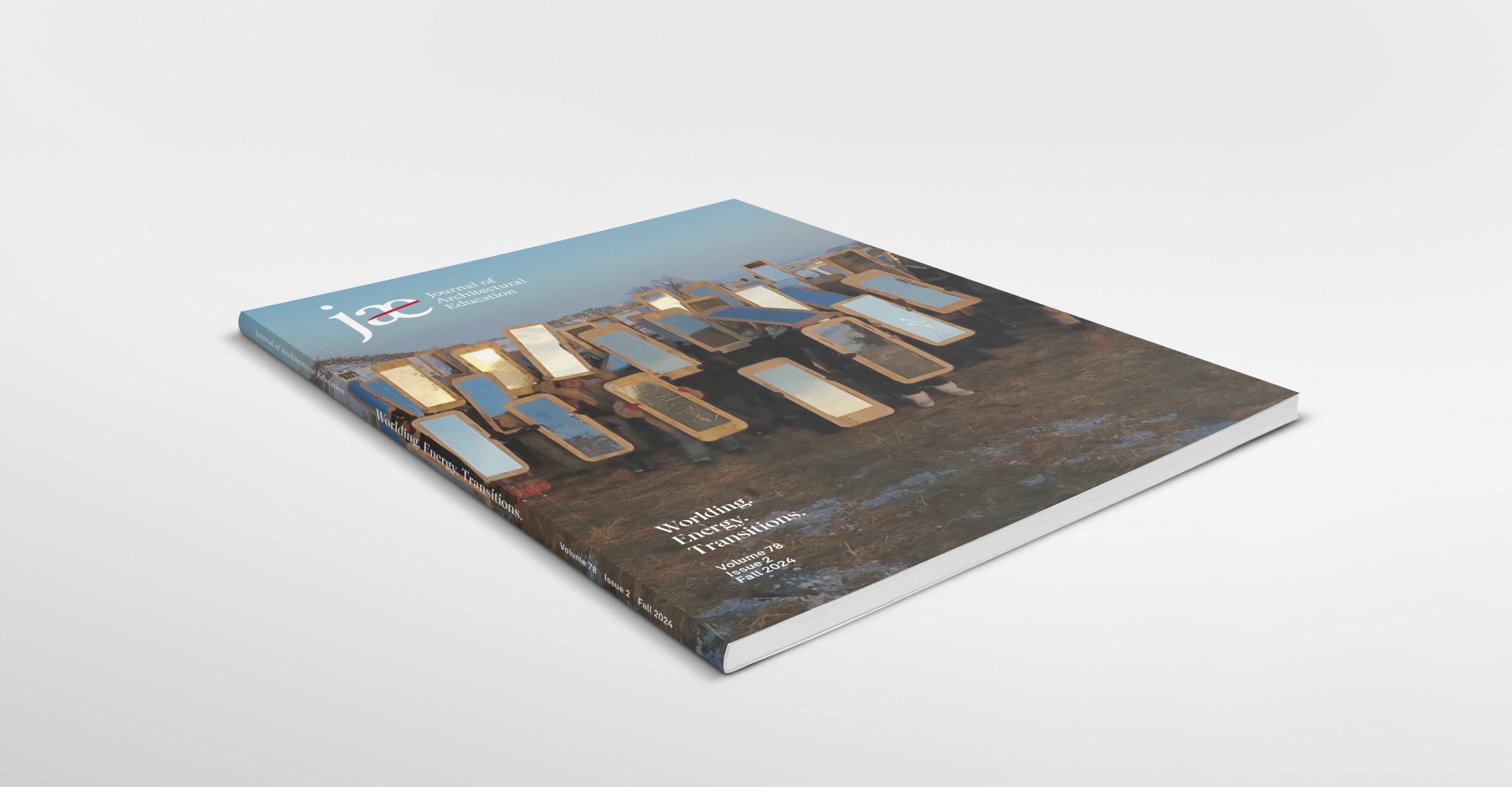
Injustice and oppression are global in scale. Why? Because Trans-Atlantic slavery and colonialism built the world we live in, and slavery and colonialism were unjust and oppressive. If we want reparations, we should be thinking more broadly about how to remake the world system.
— Olufemi Taiwo, Reconsidering Reparations ¹
The world that Taiwo describes is one that has been socially constructed—ontologically, metaphorically, and quite literally. Through instruments of the state and its various inducements for private capital and development, this unjust and oppressive world is one that architects, landscape architects, urban planners, and other spatial practitioners have quite literally built. At times, it is cloaked in the verdant imagery of urban ecological harmony or buoyed by soaring rhetoric about the power of public space and its role in facilitating protest or tenuous ideas of democracy. But, by and large, the spatial disciplines go where capital flows.
Continue reading:






